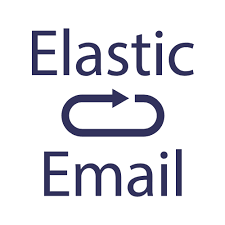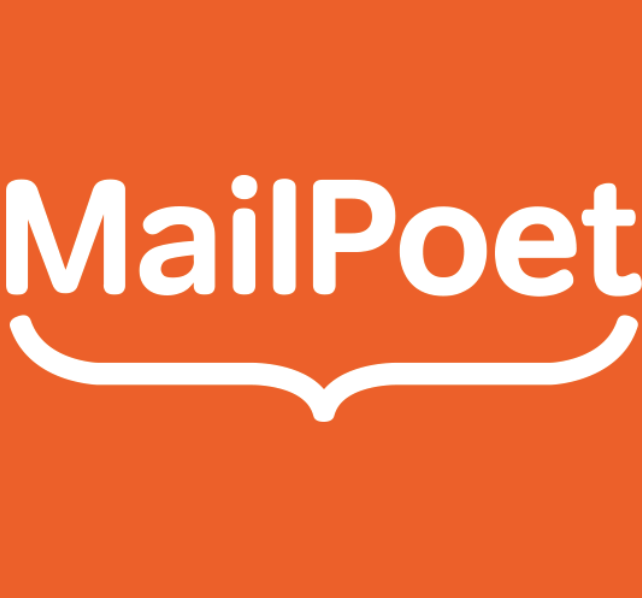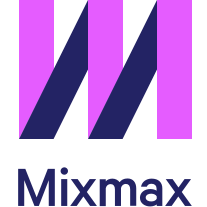Woodpecker vs Intercom
Hyperise integrates with 100's of sales and marketing tools, many of which are in the Email Marketing category. With so many to choose from it's sometimes hard to know which is best, but don't worry, we've got your covered.
In this comparison guide we're going to look at the Highlights, Pros, Cons and Pricing of Woodpecker and Intercom. We'll also delve into the details of which offers the best personalization options within Email Marketing, with there respective Hyperise integrations

Woodpecker
Pricing: Woodpecker is an email marketing platform that offers a variety of pricing plans depending on the needs of the user. They offer four pricing plans based on the number of contacts that you wish to send emails to. - The "Starter" plan is $40 per month and allows for up to 1,000 contacts. - The "Pro" plan is $50 per month and allows for up to 3,000 contacts.
Vs
Intercom
Pricing: Intercom offers a variety of pricing plans depending on the features and functionality a user requires. Their plans include: 1. Starter: This plan costs $39 per month and offers basic features for small businesses. 2. Growth: The Growth plan starts at $99 per month and includes features such as automation and A/B testing for larger businesses. 3. Pro: The Pro plan costs $499 per month and includes more advanced features such as custom bots and priority support. 4.Woodpecker vs Intercom Highlights
Woodpecker is primarily an email marketing platform that allows businesses to automate their email campaigns and track the performance of those campaigns. It is designed to help businesses improve their email outreach and increase their email response rates.
On the other hand, Intercom is a CRM platform that is designed to help businesses communicate with their customers across multiple channels, including email, live chat, and social media. It provides businesses with a central location to manage their customer interactions and track customer engagement across these channels.
In summary, while Woodpecker focuses primarily on email marketing, Intercom provides a more comprehensive platform for managing customer interactions across multiple channels.
Woodpecker vs Intercom Pros
Woodpecker Pros
- Woodpecker is specifically designed for email marketing, while Intercom is a CRM that has email marketing as one of its features. This means that Woodpecker has a more focused approach to email marketing, potentially resulting in better results.
- Woodpecker has a variety of features specifically designed for personalized and targeted cold email campaigns, such as A/B testing, email verification, and personalization options.
- Woodpecker integrates with popular CRM platforms as well as tools like LinkedIn, making it easier to create an integrated sales and marketing strategy. Intercom also has integrations, but may not have the same level of email marketing-specific integrations as Woodpecker.
- Woodpecker has a lower starting price compared to Intercom, making it a potentially more cost-effective option for businesses looking solely for an email marketing solution.
- Woodpeckers focus on email marketing means they may have more detailed reporting features and analytics for email campaigns, allowing businesses to better track the success of their campaigns. Intercom, as a CRM, may prioritize reporting on other metrics such as sales and customer engagement overall.
Intercom Pros
- Intercom is a comprehensive CRM platform, providing features such as live chat, automated messaging, email marketing, customer support, and engagement tracking.
- Intercom's user interface is highly intuitive and easy to navigate, enabling even non-technical users to create and manage marketing campaigns efficiently.
- Intercom allows personalization of messages and conversations using detailed customer profiles, segmentation, and custom variables.
- Intercom provides advanced analytics and reporting features to track the performance of your campaigns, measure customer engagement, and optimize your marketing strategies.
- Intercom integrates seamlessly with various third-party tools, including Salesforce, HubSpot, and Slack.
- Woodpecker is an Email Marketing platform primarily focused on cold outreach and lead generation, whereas Intercom offers a more comprehensive set of features and capabilities.
- Intercom's pricing plans are relatively affordable, compared to Woodpecker, which can be expensive, especially for small businesses.
Woodpecker vs Intercom Cons
Woodpecker Cons
- Limited features for lead management and segmentation compared to Intercom
- Lack of live chat capabilities and integrations with messaging platforms to communicate with customers in real-time
- No in-built customer data management or analytics tools to track user behavior and engagement
- Not as customizable when it comes to designing and creating email campaigns
- Limited templates for creating email newsletters and automated campaigns compared to Intercom's wide variety of templates
- Woodpecker does not offer chatbots or AI-powered automation features like Intercom does, making it less efficient for managing customer interactions at scale.
Intercom Cons
- Intercom primarily focuses on customer support and communication, rather than email marketing.
- Intercom can be quite expensive, particularly for small businesses with limited budgets.
- Intercom's email marketing features are not as advanced or customizable as Woodpecker's dedicated email marketing platform.
- Intercom's lead generation tools may not be as effective as Woodpecker's, particularly for cold email outreach.
- Intercom's reporting and analytics features are less robust compared to Woodpecker, which provides in-depth data on email open rates, click-through rates, and more.
- Intercom lacks certain advanced targeting and personalization features found in Woodpecker, such as dynamic content and advanced prospect filtering.
Woodpecker & Intercom Hyperise Integrations
Woodpecker uses the Image embed method to integrate with Hyperise, giving a simple way to add personalized images to your messages.
Woodpecker makes the following data points available to Hyperise, to enable personalization in images used in outreach and linked out to your personalized website landing pages.
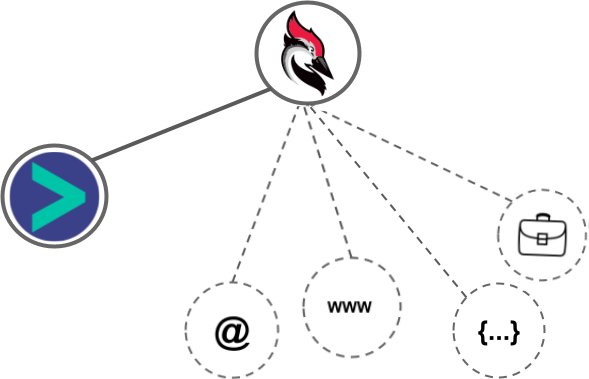
- Using business Email passed from Woodpecker, Hyperise is able to enrich business logo and website screenshots. In some cases, with a business Email we're also able to enrich profile images, subject to the business email having a publicly available profile.
- Using business Website passed from Woodpecker, Hyperise is able to enrich business logo and website screenshots.
- Business name
Woodpecker Integration Guide
Intercom uses the HTML code embed method to integrate with Hyperise, giving a simple way to add personalized images to your messages.
Intercom makes the following data points available to Hyperise, to enable personalization in images used in outreach and linked out to your personalized website landing pages.
- Using business Email passed from Intercom, Hyperise is able to enrich business logo and website screenshots. In some cases, with a business Email we're also able to enrich profile images, subject to the business email having a publicly available profile.
- Business name
- Using business Website passed from Intercom, Hyperise is able to enrich business logo and website screenshots.
Intercom Integration Guide
 vs
vs 
 vs
vs 

 vs
vs  vs
vs  vs
vs  vs
vs  vs
vs  vs
vs 

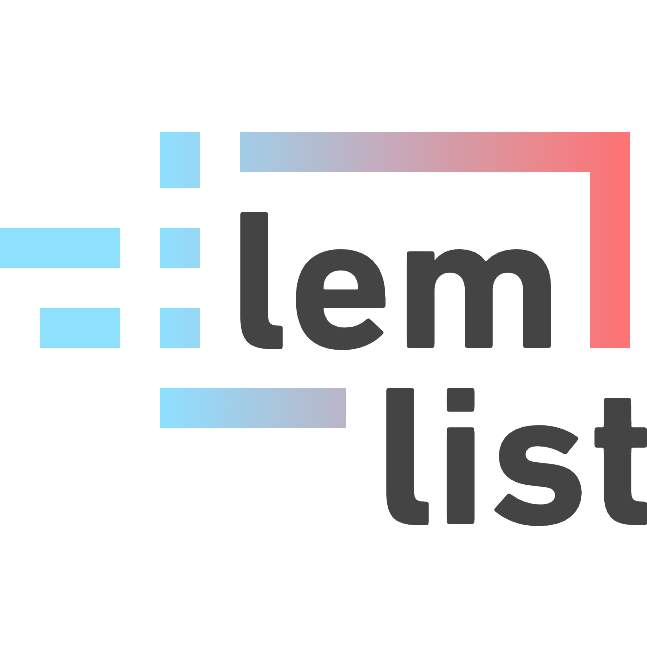






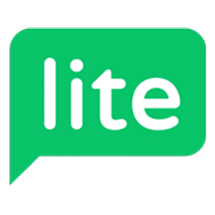


 vs
vs  vs
vs  vs
vs 



